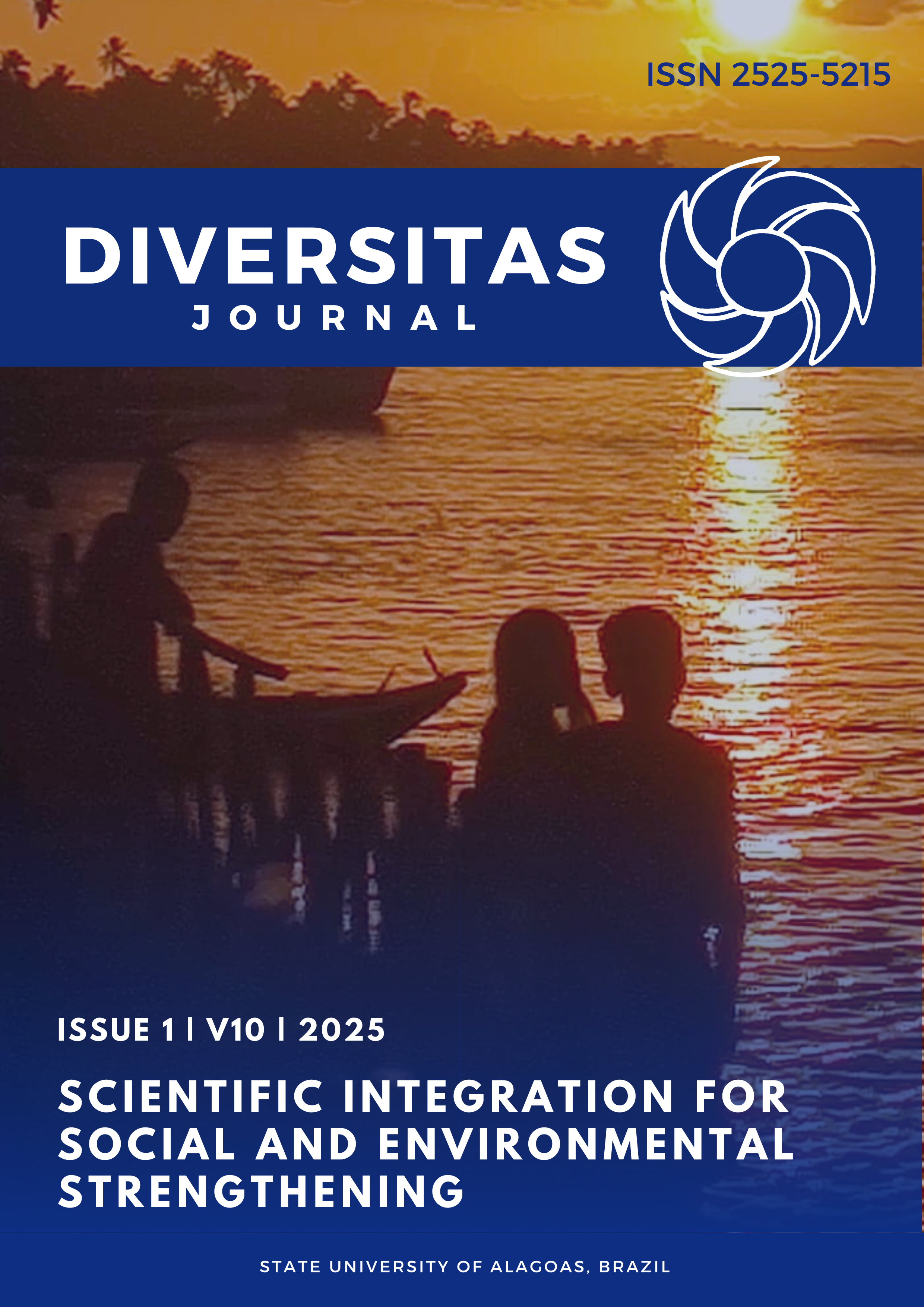Learning while Traveling: Influences of Short-term Cross-cultural Immersion Experiences to High School Students
DOI:
https://doi.org/10.48017/dj.v10i1.3068Keywords:
intercultural competence, transformative learning, cultural educationAbstract
This present study explored the experiences of Filipino learner-participants in a 6-day cross-cultural immersion held in Indonesia, aiming to understand how they interpreted their cultural learning over a year later. Employing phenomenology as the research design, data was collected through in-depth interviews, focus group discussion, participant observation and document analysis. The findings indicate that interactions with the host community helped participants recognize cultural diversity, respect cultural differences and reassess their cultural prejudices, leading to lasting changes in their perceptions and behaviors after returning home. However, the limitations brought by the restrictions on movements due to the COVID-19 pandemic, and the lack of pre-immersion and post-immersion activities have presented challenges to the breadth and depth of these changes. These findings underscore not only the importance of cross-cultural immersions in fostering intercultural sensitivity and competence but also the significance of continuous guidance from educators during the different stages of the experience. Furthermore, it was shown that despite the short time spent in the immersion, significant changes were still experienced by the participants, contrary to what some studies suggest.
Metrics
References
Baldwin, J. (2017). Culture, prejudice, racism, and discrimination. Oxford Research Encyclopedia of Communication. https://doi.org/10.1093/acrefore/9780190228613.013.164
Barden, S. & Cashwell, C. (2013). Critical factors in cultural immersion: A synthesis of relevant literature. International Journal for the Advancement of Counselling, 35. https://doi.org.10. 1007/s10447-013-9183-y
Bennett, M. J. (2017). Developmental model of intercultural sensitivity. The International
Encyclopedia of Intercultural Communication. https://doi.or/10.1002/9781118783665. ieicc0182
De Angelis, T. (2015 March). In search of cultural competence. https://www.apa.org/monitor/2015/ 03/cultural-competence
Dutton, M. (2019). The contribution of short-term cross-cultural immersion to the formation of catholic school staff [Doctoral dissertation, Australian Catholic University]. ACU Research Bank. https://doi.org/10.26199/5ddf4c031bd87
Garcia, F. (2018). Intercultural teaching experiences of a selected group of Filipino pre-service teachers in an overseas practicum immersion. International Conference on Education, 4, 133-140. https://doi.org/10.17501/icedu.2018.4115
Hoff, E. (2014) A critical discussion of Byram’s model of intercultural communicative competence in the light of Bildung theories. Intercultural Education, 25(6), 508-517. http://doi.org/10.1080/ 14675986.2014.992112
King, K.M. (2020). When minoritized students challenge biases towards members of dominant groups in cultural immersion. Int J Adv Counselling 42, 159–173. https://doi.org/10.1007/s10447-019-09395-5
Nelson, W., & Luetz, J. (2021). The impact of short-term cross-cultural experience on the intercultural competence of participating students: A case study of Australian high school students. Soc. Sci., 10(8): 313. https://doi.org/10.3390/socsci10080313
Onosu, G. (2021). The impact of cultural immersion experience on identity transformation process. Int J Environ Res Public Health, 18(5): 2680. https://doi.org.10.3390/ijerph18052680
Onosu, O. (2020). Cultural immersion: A trigger for transformative learning. Social Sciences. 9(20). https://doi.org/10.3390/socsci9020020
Plews, J. L., Breckenridge, Y., Cambre, M., & Fernandes, G. M. F. (2014). Mexican English teachers’ experiences of international professional development in Canada: A narrative sequel. Electronic Journal of Foreign Language Teaching, 11(1), 52-75.
Potts, Davina. 2014. Understanding the Early Career Benefits of Learning Abroad Programs. Journal of Studies in International Education 19: 441–59.
Qutoshi, S. (2018). Phenomenology: A philosophy and method. Journal of Education and Educational Development, 5(1). https://files.eric.ed.gov/fulltext/EJ1180603.pdf
Rowan-Kenyon, H., & Niehaus, E. (2011). One year later: The influence of short-term study abroad experiences on students. Journal of Student Affairs Research and Practice, 48(2), 213-228. https://doi.org/10.2202/1949-6605.6213
Santoro, N., & Major, J. (2012). Learning to be a culturally responsive teacher through international study trips: transformation or tourism? Teaching Education, 23(3), 309- 322.
Sobkowiak, P. (2019). The impact of studying abroad on students’ intercultural competence: An interview study. Studies in Second Language Learning and Teaching, 9(4): 681-710. https://orcid.org/0000-0003-4717-3956
Wood, E. & St. Peters, H. (2014). Short-term cross-cultural study tours: Impact on cultural intelligence. International Journal of Human Resource Management, 25. http://dx.doi.org/10.1080/09585192.2013.796315
Yan Lo-Philip, S. W., Carroll, C., Li Tan, T., Ann, O. Y., Heng Tan, Y., & Hwee Seow, S. (2015). Transforming educational practices: Cultural learning for short-term sojourners. International Journal of Intercultural Relations, 49, 223-234. https://doi.org/10.1016/j.ijintrel.2015.10.006
Downloads
Published
How to Cite
Issue
Section
License
Copyright (c) 2025 Bernadette Bugtong

This work is licensed under a Creative Commons Attribution 4.0 International License.
The Diversitas Journal expresses that the articles are the sole responsibility of the Authors, who are familiar with Brazilian and international legislation.
Articles are peer-reviewed and care should be taken to warn of the possible incidence of plagiarism. However, plagiarism is an indisputable action by the authors.
The violation of copyright is a crime, provided for in article 184 of the Brazilian Penal Code: “Art. 184 Violating copyright and related rights: Penalty - detention, from 3 (three) months to 1 (one) year, or fine. § 1 If the violation consists of total or partial reproduction, for the purpose of direct or indirect profit, by any means or process, of intellectual work, interpretation, performance or phonogram, without the express authorization of the author, the performer, the producer , as the case may be, or whoever represents them: Penalty - imprisonment, from 2 (two) to 4 (four) years, and a fine. ”


















